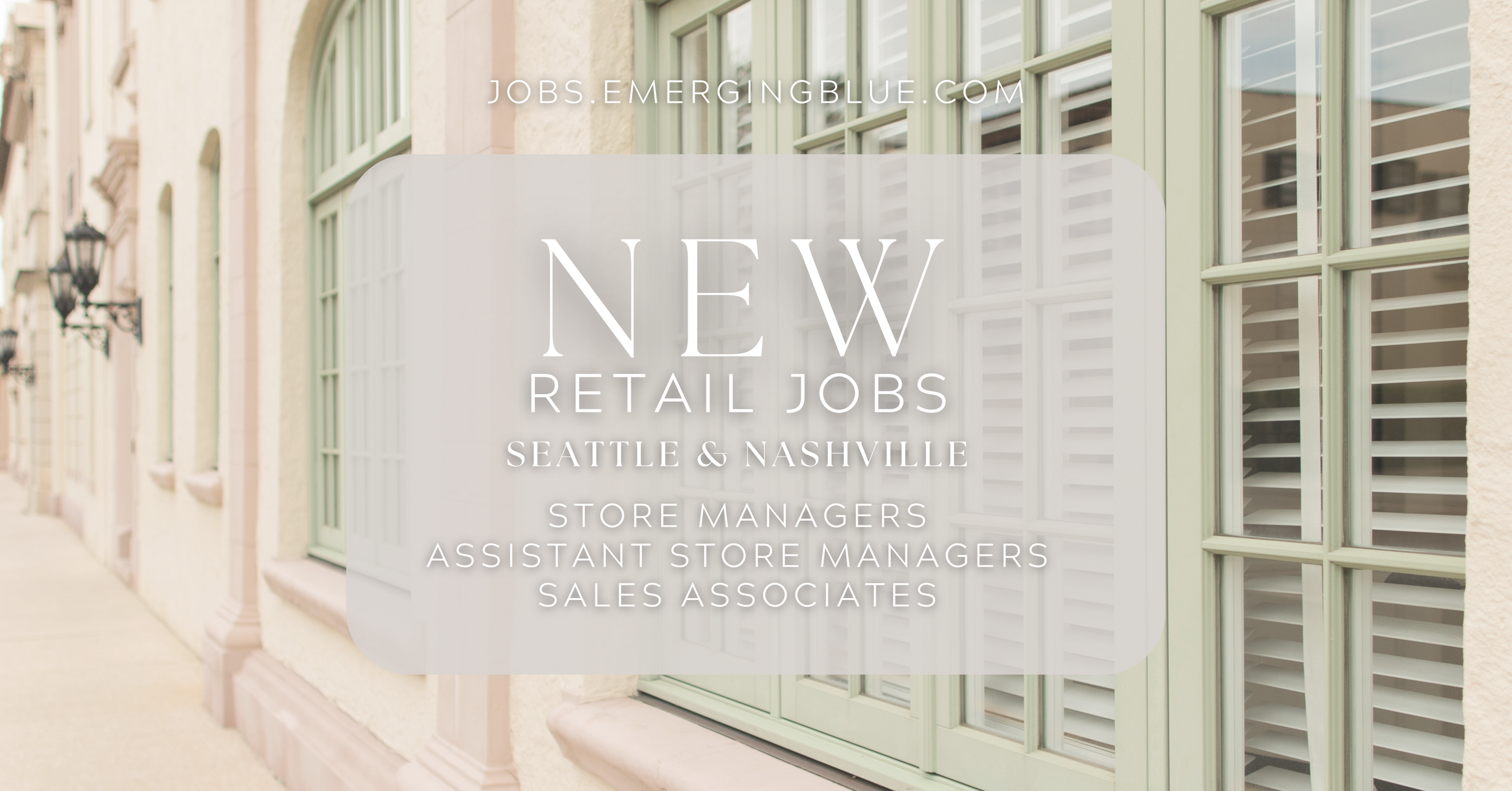In the dynamic world of the apparel industry, wholesale trade shows have served as pivotal events that bridge the gap between manufacturers and retailers. These exhibitions have undergone significant transformations over the years, adapting to changing technologies, consumer behaviors, and industry trends. While the primary focus of wholesale trade shows has traditionally been on showcasing apparel collections, their evolution parallels the changing landscape of recruiting in the industry.
The Traditional Landscape and Its Recruiting Implications:
Historically, wholesale trade shows were physical events held in large convention centers or exhibition halls. These gatherings provided a platform for apparel manufacturers and designers to showcase their latest collections to potential buyers, including retailers, boutique owners, and competitors in the marketplace. The physical presence allowed for direct interaction, tactile experiences with fabrics, and the opportunity to speak with the brand reps directly.
From a recruiting perspective, these physical trade shows were not just about selling products; they were also about talent acquisition. Brands and companies had the chance to scout new talent in the form of designers, merchandisers, and sales representatives. Attendees could engage in face-to-face discussions, evaluate skills and personalities, and make connections that could lead to future employment opportunities.
Technological Shifts:
1. Virtual Extensions: As technology has advanced, many wholesale trade shows have begun incorporating virtual components. Online showrooms, webinars, and digital catalogs allow attendees to access information remotely, opening up participation to a global audience. This virtual expansion also extends to recruiting. Companies can now reach potential candidates from around the world, conduct virtual interviews, and access a broader talent pool without the constraints of physical boundaries.
2. Augmented Reality (AR) and Virtual Reality (VR): Some trade shows started experimenting with AR and VR technologies, enabling virtual product try-ons and immersive experiences. This innovation extends to recruiting by allowing companies to create immersive onboarding experiences for new hires, even if they are working remotely. It enhances the way employers showcase their culture and work environment to potential employees.
Adapting to Changing Consumer Behaviors:
1. Speed to Market: The fashion industry's fast-paced nature necessitated quicker transitions from design to market. This has implications for recruiting as well. Companies need agile and adaptable talent who can keep up with the industry's demands, making it crucial to identify and hire individuals who thrive in this dynamic environment.
2. Inclusivity and Diversity: Trade shows have adapted by featuring a wider range of designers and brands, showcasing inclusive sizing and diverse models, and addressing a broader array of consumer needs. We aim to reflect these efforts within our recruiting process. Companies should actively seek diverse talent and create an inclusive work culture that mirrors the evolving consumer demographics.
Environmental Considerations:
1. Sustainability Initiatives: In response to environmental concerns, some trade shows began implementing sustainable practices. Companies that emphasize sustainability in their recruiting efforts will attract candidates who share these values, contributing to a more environmentally responsible industry.
2. Virtual Sustainability: Online trade show components contribute to reduced travel-related emissions. In recruiting, embracing virtual interviews and remote work can align with sustainability goals, reducing the carbon footprint associated with in-person interviews and commuting.
Building Connections in New Ways:
1. Networking Platforms: Digital trade shows introduced networking platforms that facilitated virtual meetings, discussions, and collaborations. Similarly, recruiting can leverage these platforms to connect with potential candidates, conduct virtual job fairs, and build relationships with talent.
2. Social Media Integration: Many trade shows harnessed the power of social media to amplify their reach and engagement. In recruiting, social media platforms can be used to showcase company culture, share job openings, and engage with a broader audience of potential candidates.
Conclusion: A New Era of Recruiting in the Apparel Industry
The evolution of wholesale trade shows in the apparel industry reflects the industry's adaptability and innovation in response to a rapidly changing landscape. Just as these trade shows have evolved into essential hubs for networking, discovery, and collaboration, we envision a future of recruiting that embraces innovation, inclusivity, and sustainability.
By drawing inspiration from the dynamic changes in the wholesale trade show arena, at EB, we strive to reshape the recruiting landscape with a focus on connection, progression, and resonance between individuals and companies. As talent matchmakers, we make it our mission to connect our clients with candidates who share similar values, aspirations, and ultimately resonate with their brand DNA.
Related Articles:

















